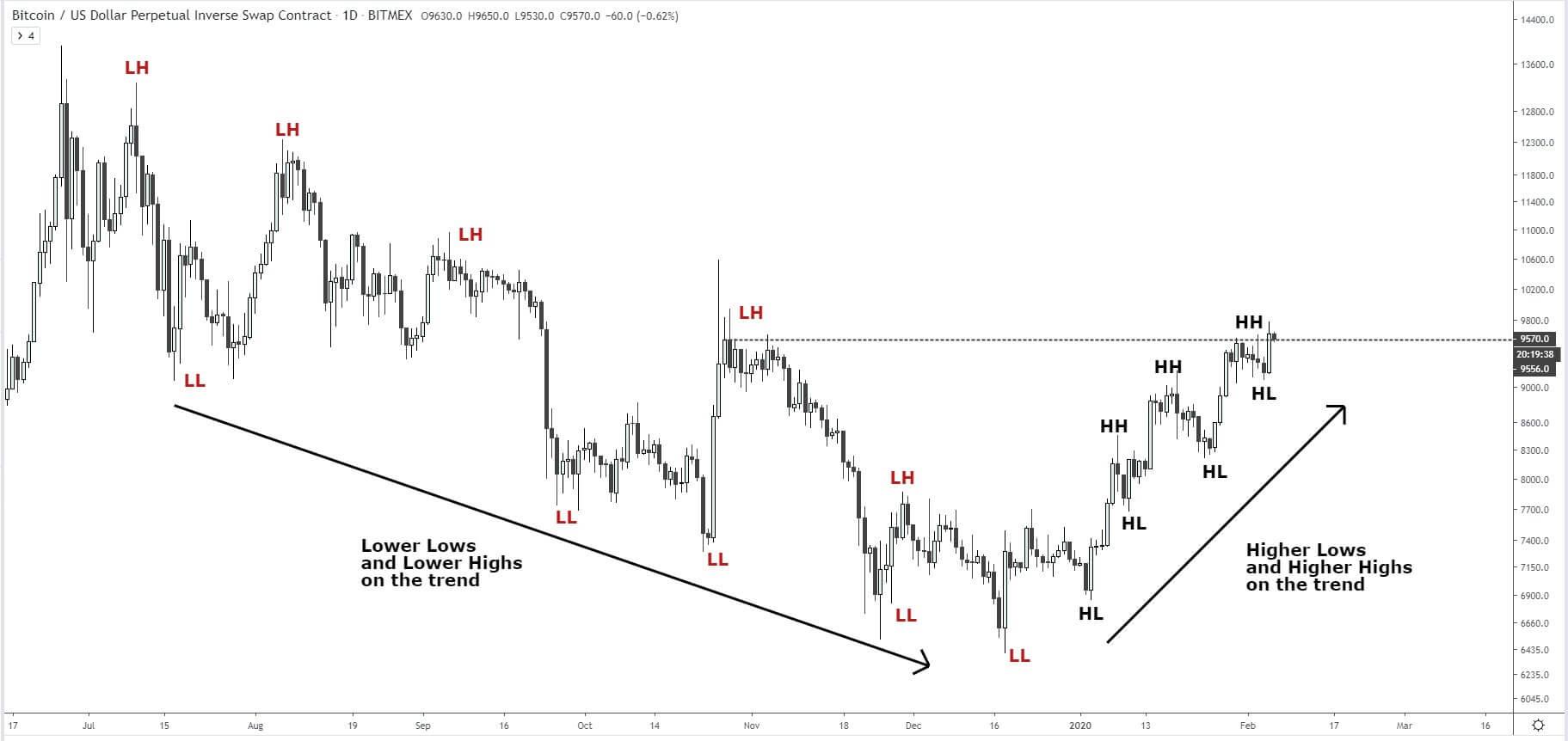
2019-9-18 14:35 |
Balaji Srinivasan, the former CTO of Coinbase and general partner at Andreessen Horowitz, discussed the future of emerging technologies such as crypto and VR.
Virtual worlds of the futureIn the first part of the What Bitcoin Did podcast, Srinivasan told host Peter McCormack that virtual reality and virtual currency are an obvious marriage and that both technologies are still at their very beginnings.
Cryptocurrencies, while just 10 years old, have already disrupted the world in ways yet to be understood. However, their impact is always discussed in terms of how they affect current monetary systems and create a new type of financial freedom.
What isn’t discussed is the way cryptocurrencies can help shape the future in which new technologies such as virtual reality and artificial intelligence become the norm.
Balaji Srinivasan, the former chief technical officer of Coinbase and general partner at Andreessen Horowitz, believes cryptocurrencies will be what facilitates the development of what he calls “virtual worlds.”
In an episode of the “What Bitcoin Did” podcast, Srinivasan talked at length with host Peter McCormack about what cryptocurrencies mean for the development of future worlds where “virtual” would become the norm.
When asked about what he thought of the increased “virtualization” that has happened in the past few years, primarily in the form of video games such as Fortnite and Minecraft, and how it connects with cryptocurrencies, Srinivasan offered an interesting take on the matter.
“VR will be to crypto what the iPhone was to the internet,” he said.
Srinivasan explained that the internet was thriving and growing long before Apple launched the iPhone, but became much “more useful” following the launch of the revolutionary phone in 2008. With the entirety of the internet available at everybody’s fingertips, a whole new world of uses and applications opened up. This, Srinivasan explained, is what VR will bring to cryptocurrencies.
Instead of a dystopian, automated future, Srinivasan believes in a technologically advanced world where virtual economies are the norm. Coupled with the development of robotics, virtual reality could enable remote working-which would, in turn, need cryptocurrencies to function.
While remote working via VR and existing in an economy dependent only on virtual currencies will be reserved for sci-fi movies, for the time being, Srinivasan’s predictions for the future are certainly a breath of fresh air.
Cryptocurrencies won’t be the end of governmentsAs the podcast went on, McCormack shifted the focus on politics. Srinivasan’s view of Bitcoin‘s effect on politics was much more optimistic than McCormack’s, who said that cryptocurrencies were bringing about the separation of money and state.
Related: Former Coinbase CTO believes crypto will transform venture capitalThe former Coinbase CTO said that he believes the rise of crypto won’t cause governments to fall. He pointed out that the recognition Bitcoin got in the past few months alone would be unprecedented back in 2013. With everyone from the president of the United States and the head of the Federal Reserve to the managing director of the International Monetary Fund (IMF) keeping a close eye on Bitcoin, the entire asset class is being taken more seriously.
Srinivasan also said that we could see a scenario where governments run by pragmatists and engineers will be the first to embrace cryptocurrencies. He cited the example of China, Singapore, and Israel, whose heads all come from a technical background. While Israel and Singapore are both known tech hubs, China has been working on the development of its own national cryptocurrency.
Smaller governments also won’t shun cryptocurrencies. Srinivasan believes some have most likely already established positions in Bitcoin.
“Governments won’t fail simultaneously as crypto rises,” he explained. The slow and steady assimilation process could make way for things like CEOs of software companies becoming more involved in politics.
Decentralization challenges censorshipIntegrating tech figures into politics brings about a whole new problem. McCormack pointed out that some of the biggest tech companies in the world are inherently politically biased. Twitter has been accused numerous times of silencing conservative and right-leaning voices, while Facebook‘s anti-harassment policies seemed more focused on suppressing the “politically incorrect” rather than policing actual harassment.
McCormack cited his own ban on Twitter, saying he wondered whether his joke would get him in trouble if it was aimed at a Republican figure.
Related: Former Coinbase CTO believes blockchain phones could be the solution to deepfake AI scamsSrinivasan noted that while the overwhelming majority of Silicon Valley executives were Democrats, a good “software CEO” will look at the policies that benefit the company and its employees, not a political party. However, he admitted that short-term incentives are to comply with the mob, which in today’s political climate in the U.S. is left-leaning and progressive. This, he said, is why certain companies comply with the public pressure of “de-platforming” certain people.
When it comes to cryptocurrencies and their connection to the political system, Srinivasan said that the most important swing vote not just in the U.S., but globally, is an “anti-Trump, pro-crypto Democrat.” Twitter’s Jack Dorsey and Facebook’s Mark Zuckerberg fit this category and perfectly illustrate the way both companies could transition to a more centrist position with the help of blockchain.
Srinivasan explained that Dorsey’s push to add Bitcoin into Cash App and Zuckerberg’s Libra show that both execs understand the value of cryptocurrencies and blockchain. As their involvement with cryptocurrencies deepens, the policies enacted by their companies could become more centrist.
He also believes both companies are headed towards a future on a blockchain, which would help them solve the problem of privacy and ensure a better revenue model. While neither Facebook nor Twitter have said they were looking into putting their platforms on blockchain, decentralizing the two social networks doesn’t sound like a bad idea.
You can listen to the full interview with Balaji Srinivasan below.
The post Former Coinbase CTO talks about VR, crypto, and politics in latest ‘What Bitcoin Did’ podcast appeared first on CryptoSlate.
origin »Bitcoin price in Telegram @btc_price_every_hour
Emerald Crypto (EMD) на Currencies.ru
|
|



















